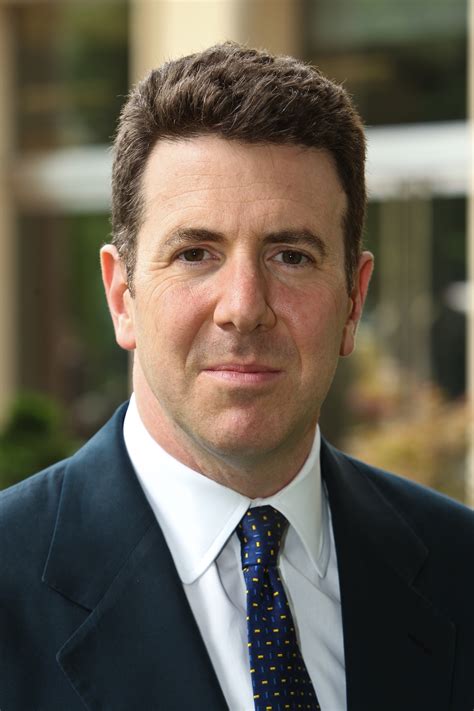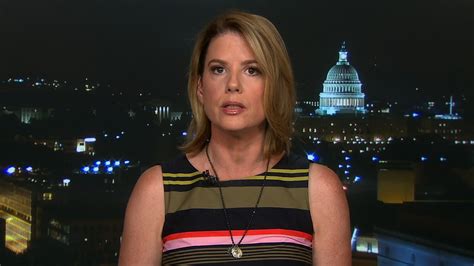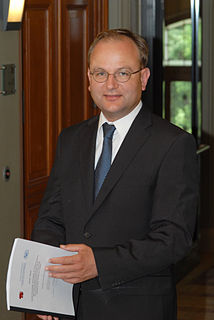A Quote by Hassan Rouhani
In a climate where much of foreign policy is a direct function of domestic politics, focusing on what one doesn't want is an easy way out of difficult conundrums for many world leaders. Expressing what one does want requires more courage.
Related Quotes
Most Americans are close to total ignorance about the world. They are ignorant. That is an unhealthy condition in a country in which foreign policy has to be endorsed by the people if it is to be pursued. And it makes it much more difficult for any president to pursue an intelligent policy that does justice to the complexity of the world.
Foreign policy always has more force and punch when the nation speaks with one voice. To remain secure, prosperous, and free, the United States must continue to lead. That leadership requires a president and Congress working together to fashion a foreign policy with broad, bipartisan support. A foreign policy of unity is essential if the United States is to promote its values and interests effectively and help to build a safer, freer, and more prosperous world.
If I were Donald Trump, I would definitely not pick Mitt Romney because it's very easy for Mitt Romney to have have a separate foreign policy operatus in the State Department that would run a dissenting foreign policy from the White House foreign policy. There, I think the populist America-first foreign policy of Donald Trump does run against a potential rival.
The culture of the State Department is very negative towards a conservative foreign policy. And the model that we all have, of civil servants as neutral careerists who carry out the policy of the elected president, doesn't work nearly the way it should in the State Department. So that there are many people who want to be good civil servants, who want to try and carry out these policies, but are afraid to do so. And I'm not even counting the very small number of conservatives in the State Department who are genuinely at risk.
Bill Clinton, who, to his credit, has established a clear and consistent foreign policy, which is as follows: Whenever the president of the United States gets anywhere near any foreign head of state, living or dead, he gives that leader a big old hug. This has proven to be an effective way to get foreign leaders to do what we want: Many heads of state are willing to sign any random document that President Clinton thrusts in front of them, without reading it, just so he will stop embracing them.
Unfortunately, I think it's very difficult to separate policy from politics. In a perfect world, in some instances you probably would want to. In other instances you'd probably say that the political element is important because it should, in a perfect world, match what the stakeholders need or want, or what the public is after.
Unfortunately, I think it's very difficult to separate policy from politics. In a perfect world, in some instances, you probably would want to. In other instances, you'd probably say that the political element is important because it should, in a perfect world, match what the stakeholders need or want, or what the public is after.








































